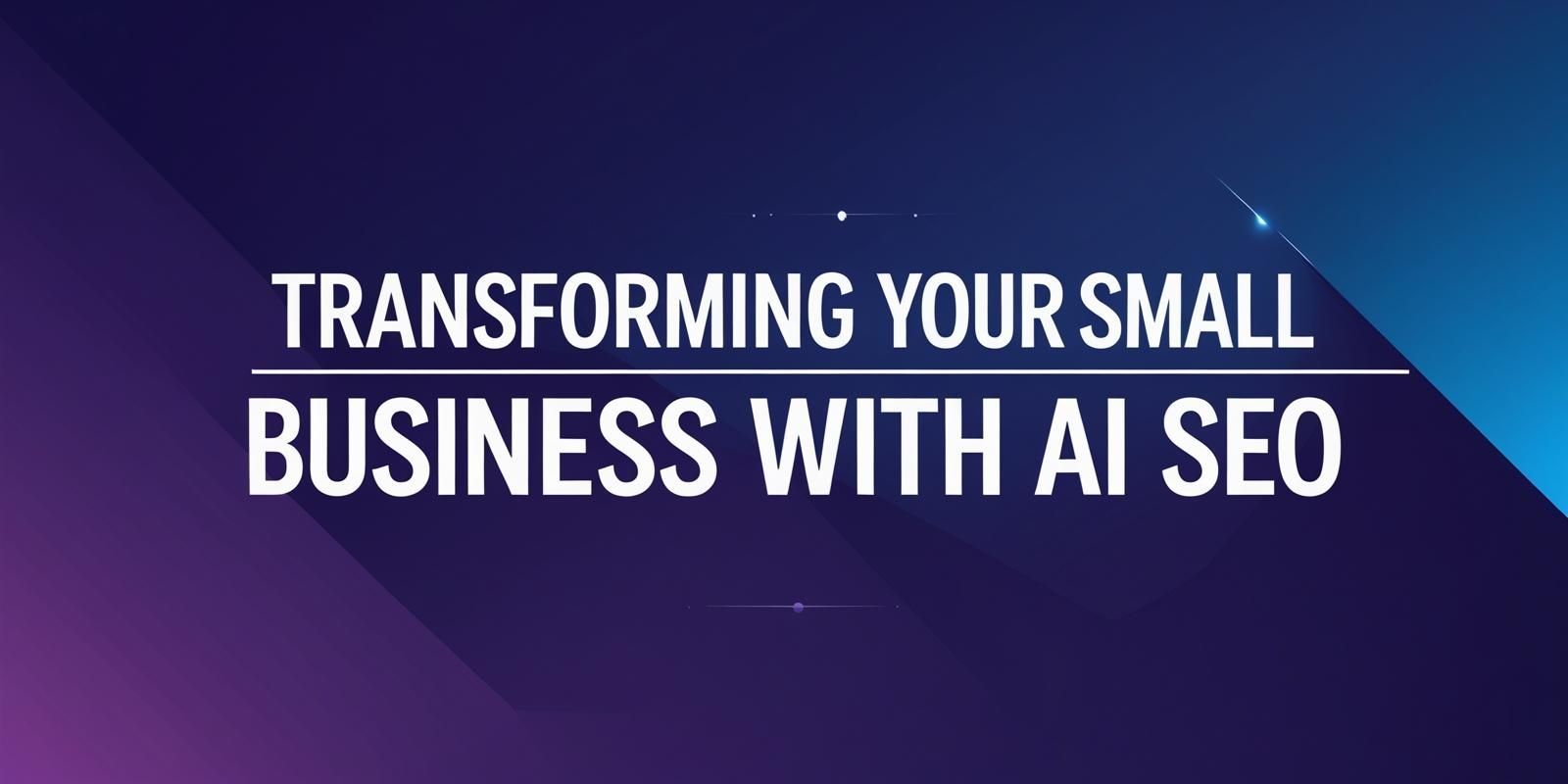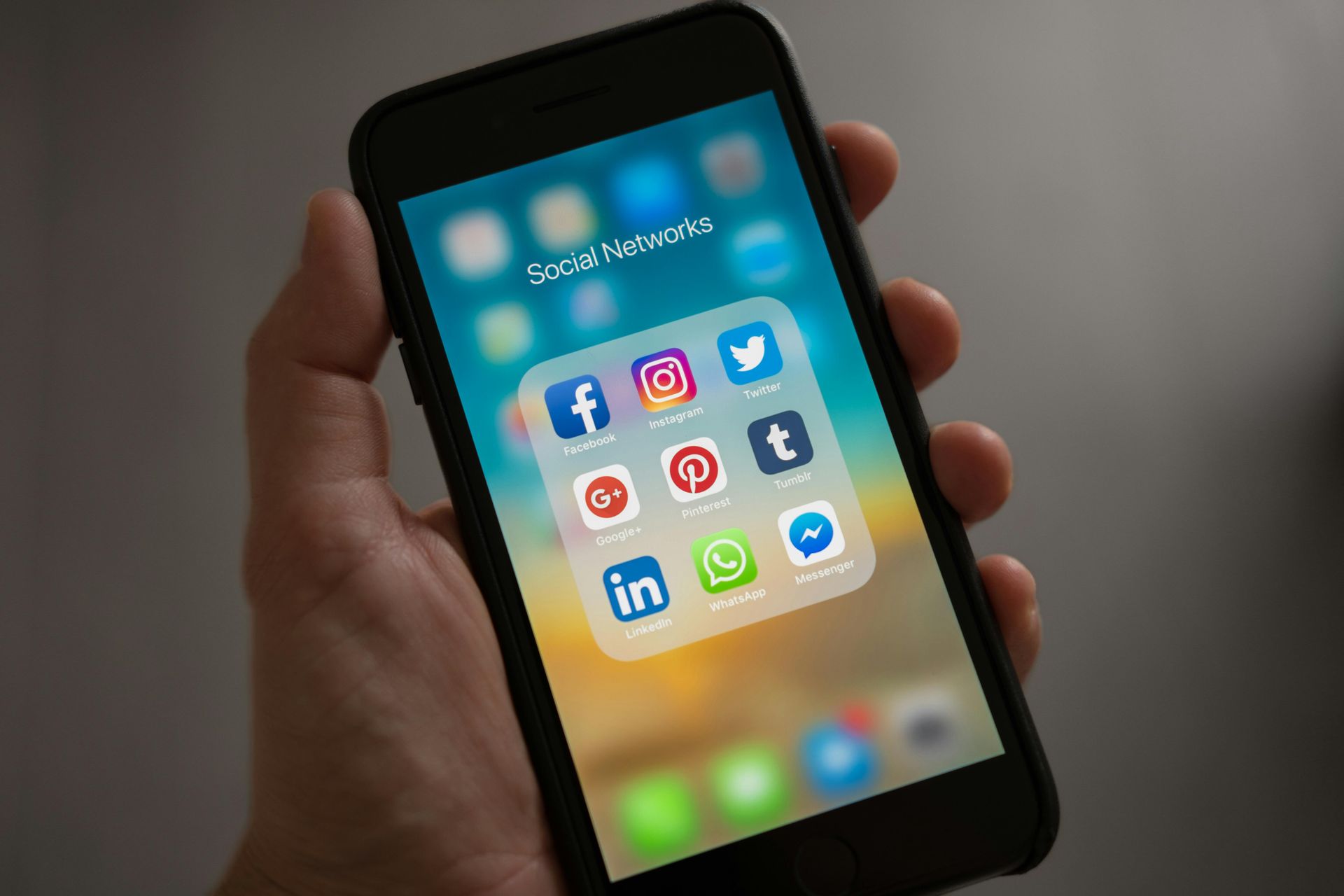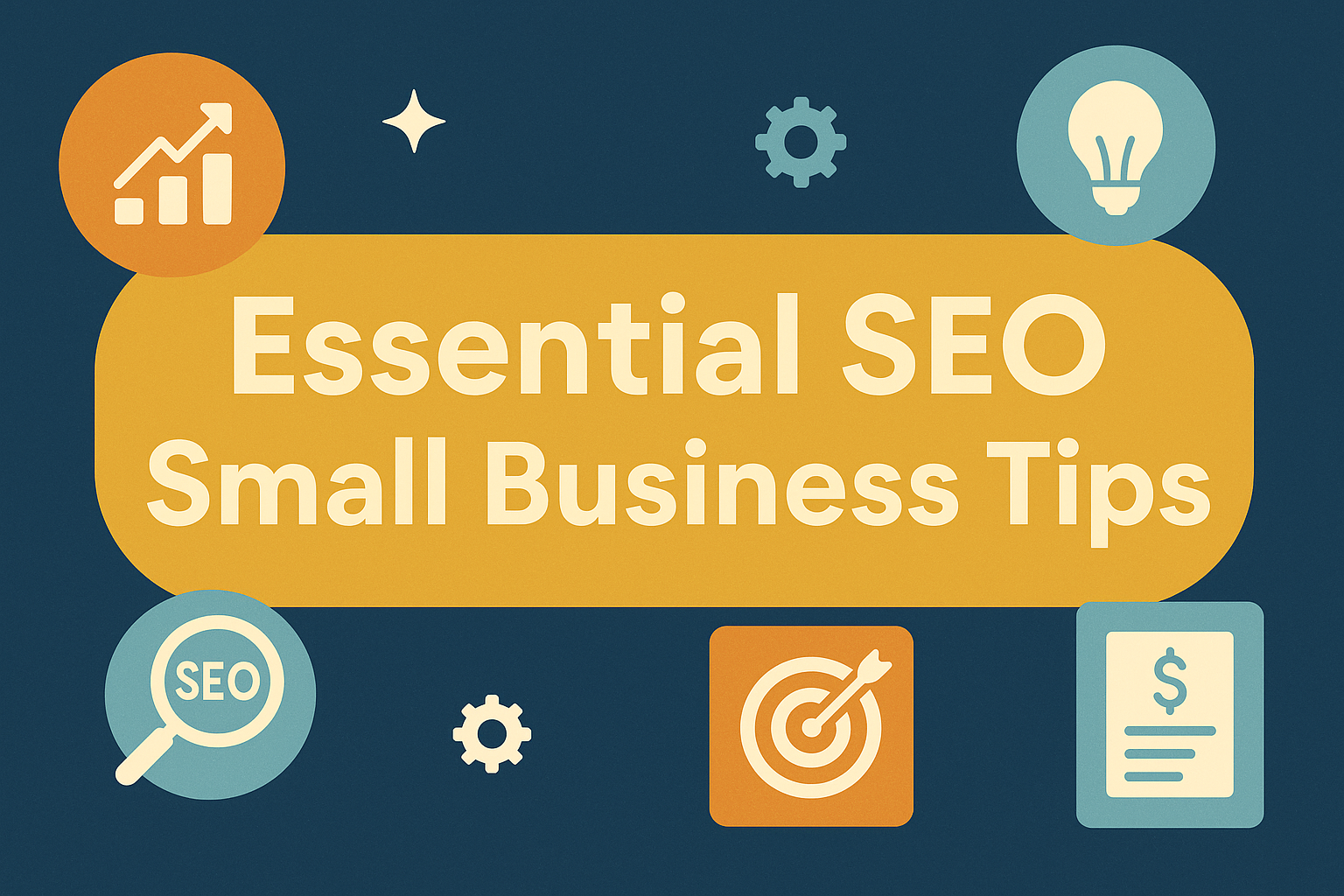Best Social Media Platform for Small Business
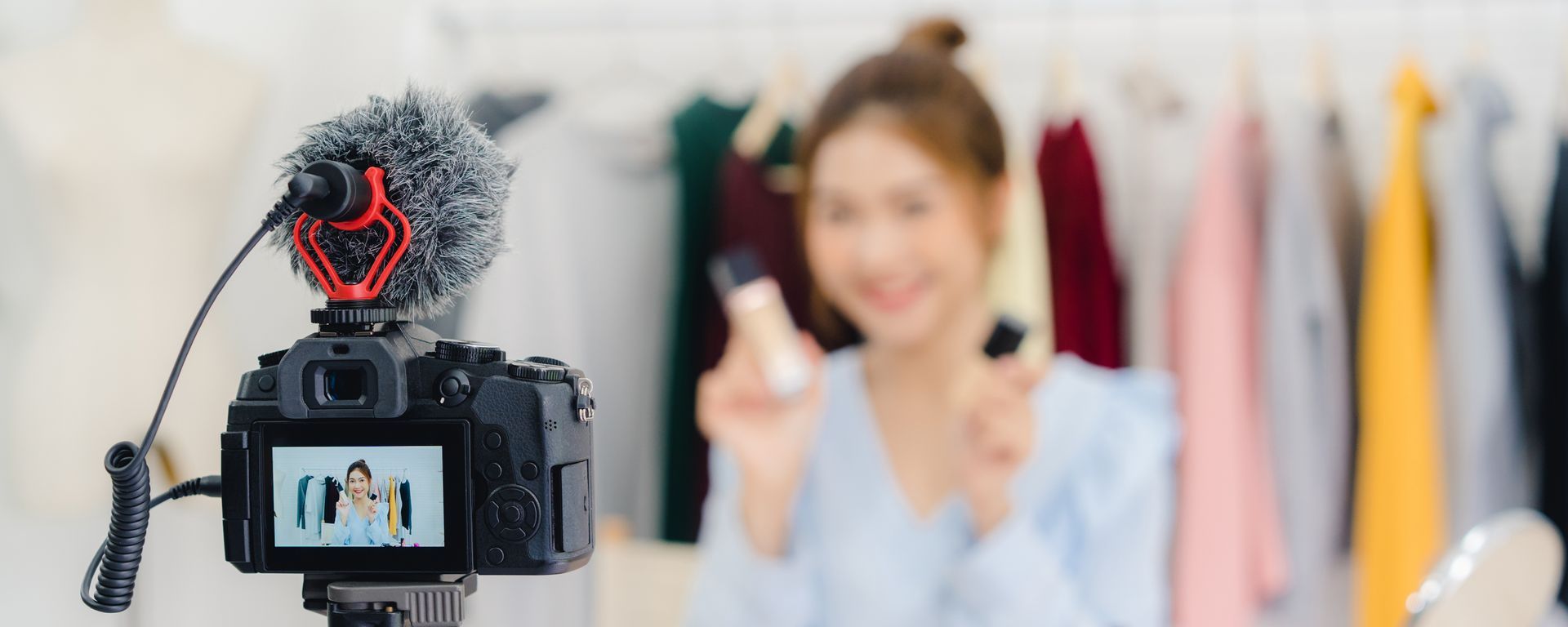
In the whirlwind of today’s digital arena, small businesses are faced with one deceptively simple question: What’s the best social media platform for small business growth? With a dizzying array of options out there, it’s tempting to try everything all at once—but spoiler alert: that’s a one-way ticket to burnout. The real magic? Being intentional. It’s about showing up where your audience already hangs out and where your brand voice doesn’t just speak—it sings.
Let the big players chase every new trend and shiny new platform. Small wins come from sharp focus. Whether it’s flaunting your latest creations on Instagram, flexing thought leadership muscles on LinkedIn, or turning neighborhood locals into superfans on Facebook, the right platform acts like rocket fuel for brand awareness and customer loyalty.
This guide unpacks how to zero in on the best social media platform for small business success and drops actionable strategies to help you claim your digital turf confidently.
TLDR:
For the most part, social media isn’t optional—it's essential—a budget-friendly powerhouse that boosts visibility, ramps up engagement, and creates direct lines of communication with customers. The “best” platform depends on where your audience spends their scrolling time and what kind of content you can keep creating without losing steam.
Facebook still reigns for its massive reach and powerful ad tools, especially for targeting by location or demographics. Instagram wins for brands that thrive on visuals and e-commerce. LinkedIn is the B2B MVP—it’s where industry leaders network and build credibility.
Twitter keeps brands nimble with real-time updates and top-tier customer service vibes. TikTok, meanwhile, offers a viral launchpad for those daring enough to embrace creativity and a teeny dose of chaos.
Instead of trying to juggle five platforms like a one-person social circus, pick one or two that align with your resources and goals. Then double down on consistency, sharpen your strategy with analytics, lean into video, and focus on real relationship-building—not just broadcasting. Done right, even the scrappiest startup can leave a digital footprint that rivals the big brands.
Why Social Media Matters for Small Businesses
In today’s screen-first economy, social media is no longer an optional side hustle—it’s the main stage for visibility and growth. For small businesses, it’s the ultimate equalizer. With zero need for a million-dollar marketing war chest, it invites you into the same spotlight as the giants, letting smart strategies and authentic connection do the heavy lifting. Whether you're selling vintage sneakers or B2B SaaS, finding the best social media platform for small business success boils down to knowing your audience—then showing up where they’re already looking.
What makes social media downright magical? Instant communication, brand personality on full display, and metrics you can actually track. With over 4.8 billion users scrolling and double-tapping worldwide, the growth potential is massive. But navigating platforms can feel like swiping through dating apps—you’re not looking for every match, just the one (or two) that understands your goals and scales with you.
Time to meet your potential digital soulmates.
The Top Platforms for Small Business Marketing
Picking the best social media platform for your small business isn’t just about jumping on the one with the coolest filters. It comes down to where your people are and how they want to engage with your brand. Each contender brings something different to the table:
- Facebook: Broad reach + laser-sharp targeting = wins for local and general businesses.
- Instagram: Visuals and vibes; prime real estate for e-commerce and brand storytelling.
- LinkedIn: The boardroom of the internet—home to B2B deals and professional clout.
- Twitter: Snappy, real-time communication with a side of customer service.
- TikTok: Raw, relatable, and potentially viral—especially for brands targeting Gen Z and young millennials.
Let’s break down the specifics of each so you can make an educated, scroll-worthy choice.

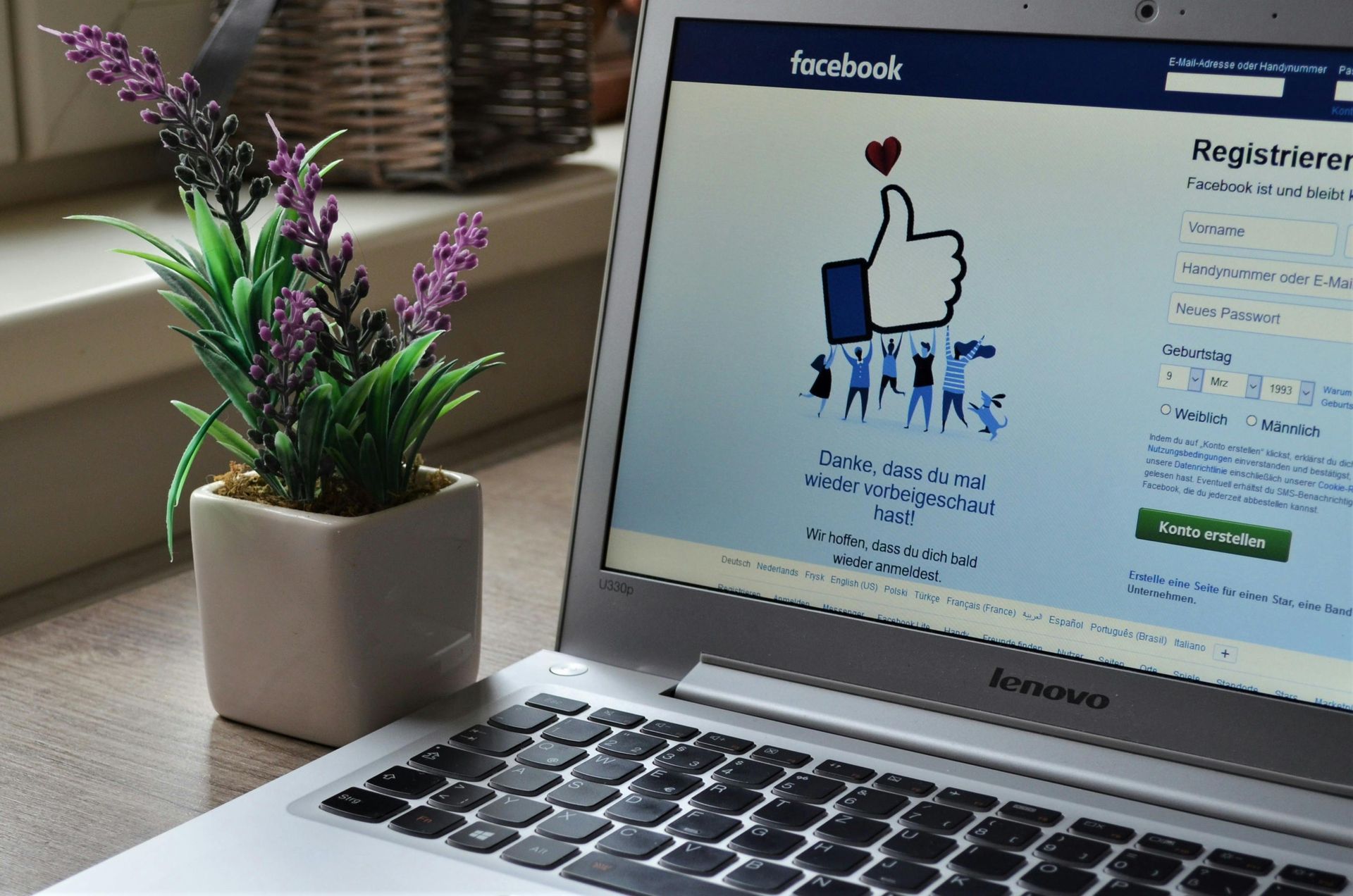
Facebook: The Tried and True
Facebook/Meta is the Swiss Army knife of social media for small businesses—with nearly 3 billion monthly active users, it’s still king of the digital hill. Its ad engine is practically a rocket launcher, letting you narrow in on users by location, behavior, even their sister’s favorite brunch spot (well, almost)[1].
Consider Joe’s Auto Garage, a modest operation in Des Moines. Joe ran a local Facebook ad for discounted oil changes targeting customers within a 10-mile radius and saw a 35% spike in walk-ins over two months. Not bad for a few bucks and a clever headline.
Why Facebook works:
- Easy event promotion and detailed business profiles
- Facebook Groups turn customers into communities
- Messenger enables personalized, real-time support
And yes, memes still matter. Joe credits a suspiciously accurate “Check Engine Light Dating Profile” meme with bringing in three new regulars—and some serious laughs.
Instagram: Visual Storytelling for Engagement
If your brand looks as good as it performs, Instagram is ready for its close-up. With 1 billion users hungry for visuals, Instagram is tailor-made for businesses showcasing food, fashion, decor, and fitness. Features like Stories, Reels, and Shopping create a seamless pipeline from eye-catching content to actual sales[2].
Bloom & Vine, a boutique Nashville florist, doubled Valentine’s Day orders with a behind-the-scenes Reel that showed the bouquet-building process. That one video? Over 100K views.
Here’s why Instagram packs a punch:
- Built-in shopping tools for a frictionless buying journey
- Collaborations with influencers + user-generated content
- Engaging features like polls, “Ask Me Anything,” and Story Stickers
If your content can stop someone mid-scroll, Instagram might just be your brand’s soulmate.
LinkedIn: Networking for Professionals
LinkedIn is the platform for suits, thinkers, and big-ticket B2B relationships. It’s less about selfies and more about strategy—perfect for businesses that want to plant authority flags and connect with decision-makers.
TechBridge Consulting, a small Denver-based IT firm, used LinkedIn to share case studies and industry tips. End result? They snagged two major contracts just by showing they knew their stuff. No cold calls. No awkward coffee meetups.
LinkedIn superpowers include:
- Prime B2B lead generation
- Employer branding and recruitment clout
- Sharing long-form insights, blogs, and professional updates
If your ideal client starts their workday with spreadsheets and espresso, LinkedIn’s your new home base.
Twitter: Quick Communication and Updates
Fast, flexible, and fiercely real-time—Twitter is your go-to for staying relevant and responsive. Perfect for promotions, updates, or snappy support, it’s the cocktail party of platforms: casual, fast-paced, and weirdly addictive.
Take BrewBuzz, a Portland coffee shop turning tweets into foot traffic. With timely drink updates and witty replies that match their flat whites, they’ve brewed a loyal online following—and lines out the door.
Winning with Twitter means:
- Engaging in real-time during launches or events
- Providing fast, informal customer service
- Sharing news, blogs, and quick-hit thoughts
Just be sure to listen as much as you post—Twitter rewards conversations, not just megaphones.
How to Choose the Right Platform for Your Business
Picking the best social media platform for small business success isn’t guesswork—it’s strategy. Think about:
- Who’s your target customer?
- Where do they spend their digital time?
- What type of content can you realistically create consistently?
If you're a CPA targeting startups, head straight to LinkedIn. An artisanal cake shop? Instagram’s your sweet home. Tutoring teens? TikTok, hands down.
Instead of scattering effort everywhere, pick one or two platforms you can commit to. Then go deep, not wide—quality beats quantity every time[3].
Maximizing Your Presence: Tips for Success on Social Media
Once you’ve planted your digital flag, your work’s just getting started. Here’s how to thrive:
- Stay consistent: Regular posts and genuine replies go a long way[4].
- Use analytics: Let performance data steer your strategy ship[5].
- Be human: Comment, respond, share—connection is currency[6].
- Prioritize video: It’s the engagement king—use it wisely and often[7].
At the end of the day, think less billboard, more conversation. Social media success doesn’t come from shouting the loudest—it comes from showing up consistently and connecting with the right people the right way.
The best social media platform for small business success isn’t about what’s trendiest—it’s about what makes sense for your audience, brand voice, and business objectives. From Instagram’s visual playground to LinkedIn’s professional network, each platform offers a distinct route to growth—when approached with strategy and authenticity.
Social media isn’t just a promotional megaphone. It’s a trust builder, service channel, and community engine. When small businesses navigate it wisely, they can earn outsized impact—without outsized budgets.
So go ahead—choose your platform like you’d choose your superhero suit: It’s gotta fit, play to your strengths, and help you save your corner of the world. And yes, if you're a pet groomer and that dancing cat filter feels right—lean in. That’s what social media is all about.
Other Resources To Check Out
https://jetpack.com/resources/best-social-media-platforms-for-business/
https://www.wordstream.com/social-media-marketing
https://business.earthlink.net/blog/how-to-choose-a-social-media-platform-as-a-small-business/
https://www.wordstream.com/social-media-marketing
https://online.wharton.upenn.edu/blog/which-social-media-platforms-should-i-use-for-my-business/
https://www.wordstream.com/social-media-marketing
https://online.wharton.upenn.edu/blog/which-social-media-platforms-should-i-use-for-my-business/

